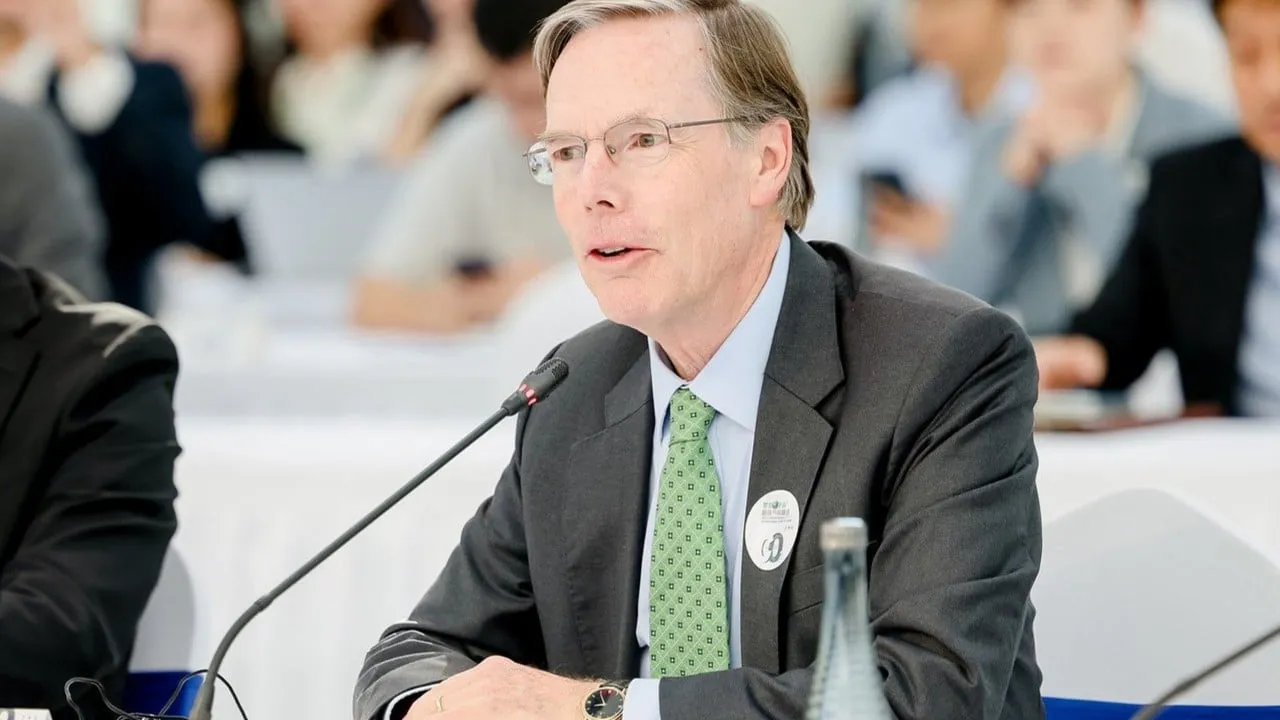China’s Methane Action Plan: Addressing Emissions for COP29

COP29's Role in Mitigating Methane Emissions
As global leaders prepare to gather for COP29 in Baku, Azerbaijan, the focus is firmly on methane emissions, particularly from China, the largest emitter. Methane, termed a super-pollutant, contributes significantly to climate change, being 80 times more powerful than carbon dioxide over a 20-year span. In 2022, China accounted for about 14% of the world's methane emissions.
China's Methane Action Plan Explained
In an effort to combat this pressing issue, China implemented a methane action plan with sector-specific targets focused on better monitoring and regulatory measures. Although recent actions demonstrate the government’s intention to tighten controls, firm targets and timelines are still lacking. Without joining the Global Methane Pledge aimed at a 30% reduction by 2030, experts stress the urgency for China to take concrete steps.
Key Areas for Methane Emission Reduction
- Fossil Fuel Sector: This remains a significant arena for mitigation. Approximately 40% of China's methane emissions derive from coal mining.
- Stricter Standards: A proposed national standard aims to reduce methane discharge from coal mines.
- Technological Improvements: The introduction of commercial satellites by year-end aims to enhance methane tracking and management.
Challenges and Opportunities
China faces hurdles, including outdated methodologies for tracking emissions and insufficient financial incentives for reduction efforts. Energy experts argue for improved cooperation with international partners, especially with the US. Progress hinges on establishing measurable targets and incentivizing reductions in the agricultural sector without compromising food security.
As the conversation on methane emissions escalates, global cooperation at COP29 could pave the way for critical advancements in emission management, with China spearheading vital reforms.
This article was prepared using information from open sources in accordance with the principles of Ethical Policy. The editorial team is not responsible for absolute accuracy, as it relies on data from the sources referenced.